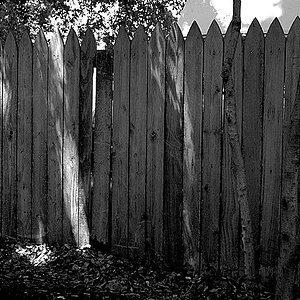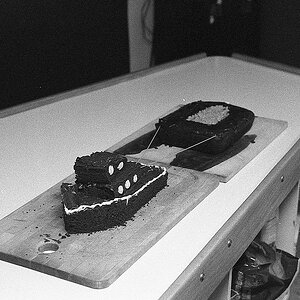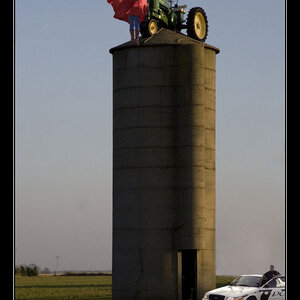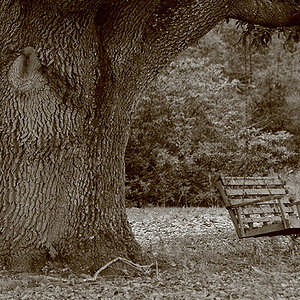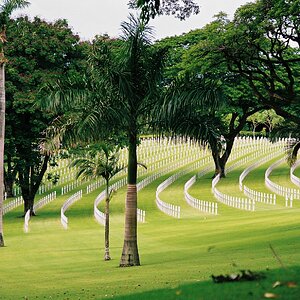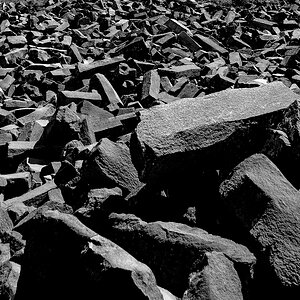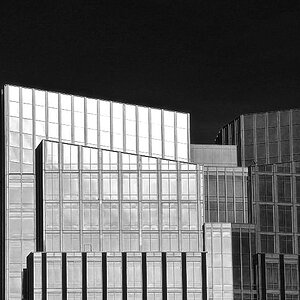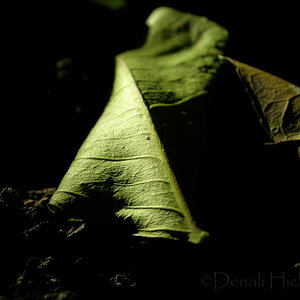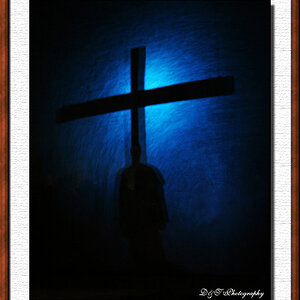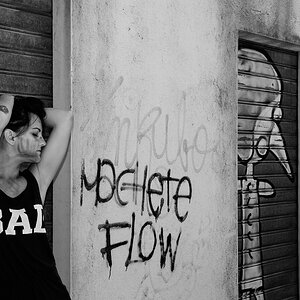- Joined
- Jul 3, 2004
- Messages
- 3,714
- Reaction score
- 531
- Location
- Here N There
- Website
- img24.photobucket.com
First is regarding light meter. I noticed that with different camera body the ecposure may come out different, and the contrast is the greatest when comparing a traditional camera to a digital. So is this true?
Then it leads to another question. Technically speaking all manual SLRs does the same thing. Some may have more electronics than the others. Some may have crispier sound. Some may have wider range of shutter speed. So what the big difference? There are so many models, from the past and present. If I were to shop for a traditional SLR camera regardless if it's going to be brand new or used, how can I make my decision without being able to take photos with them and test it?
Then it leads to another question. Technically speaking all manual SLRs does the same thing. Some may have more electronics than the others. Some may have crispier sound. Some may have wider range of shutter speed. So what the big difference? There are so many models, from the past and present. If I were to shop for a traditional SLR camera regardless if it's going to be brand new or used, how can I make my decision without being able to take photos with them and test it?


